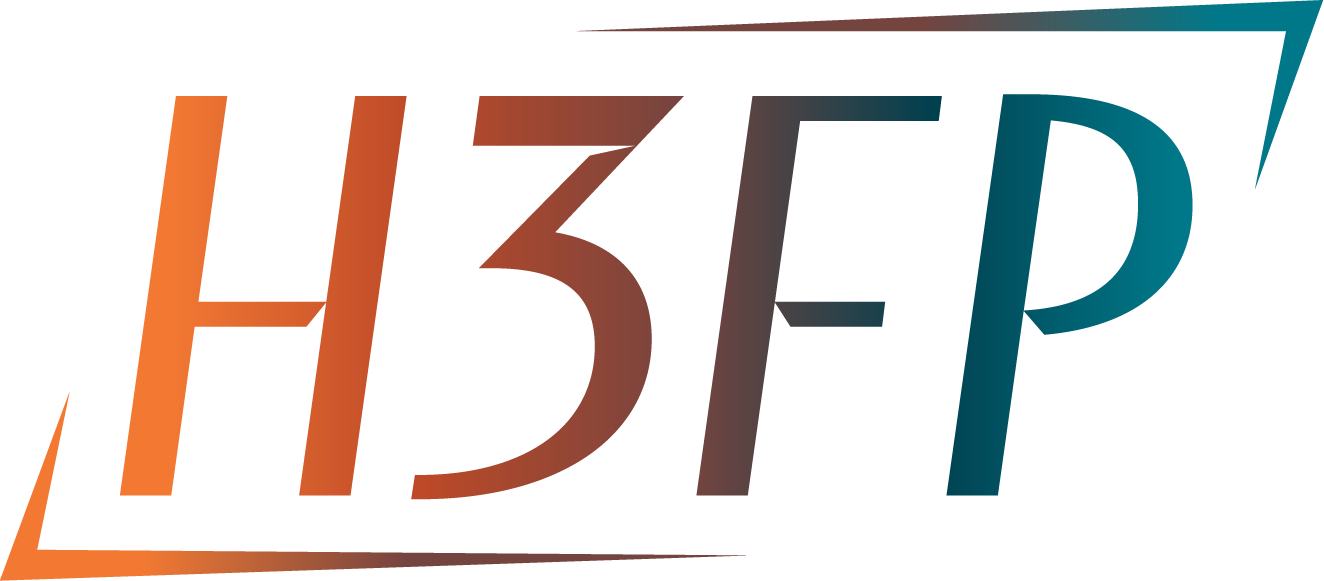What is the True Cost of a Skill?
We tend to think of skills in terms of their overall utility. Like what will this do for me? Or how will this pay off? But the real calculation is deeper than dollars and time. Acquiring a skill is an investment not just of resources, but of identity. You’re giving a piece of yourself in the process. It can be painful, exhilarating, or confusing, and yet ultimately transformational.
The Idea of Mastery
Three months into my mission in Colombia, a friend triumphantly declared himself fluent in Spanish. To me, still struggling to figure out what the heck subjuntivo was, his self-assurance was baffling. But here’s the thing, there’s no official measure of fluency. For him, being fluent might have meant having a dream in Spanish or simply having a conversation without consulting a dictionary. His internal benchmark was met, and he sure wore it proudly.
That story sticks with me because it reframes how I think about the idea of mastery. With no official finish line for most skills or disciplines, why do we pursue them to begin with? What makes acquiring a skill worth the price we pay…the hours, the frustration, the self-doubt?
The "Why" Behind the Grind
The answer, I think, depends on your reasons for starting. We acquire skills out of curiosity, utility, economic benefit, or even societal improvement. The underlying motivations vary, but the drive to learn anything new hinges on how deeply those reasons resonate with us.
A surface-level reason rarely gets the job done. When the grind sets in, and becomes even slightly inconvenient, weak motivations won’t keep you going. But when your reasons are layered, when learning aligns with your curiosity, purpose, and vision, you’re far more likely to see it through.
Learning in School vs. Learning with Purpose
Consider why we learn in school. Often, we’re motivated by a grade. But that’s a weak, singular reason, and it’s why many of us forget what we "learned" immediately after the final exam. Compare that to learning something that impacts your career, relationships, or worldview. When multiple reasons converge, learning accelerates. It becomes meaningful, and lasting.
My Experience Learning Spanish
I experienced this firsthand as I began learning Spanish in Colombia. I’d taken three years of high school Spanish but learned more on my first day in Colombia than in all those classes combined…yikes. Suddenly, the skill I needed to acquire was no longer an abstract puzzle with a grade attached. It was a real, tangible need.
To communicate, connect, and accomplish my purpose, I had to learn Spanish. This multifaceted need made the process faster, though still painful and embarrassing at times. What’s interesting is that every gringo on my mission had the same two years, the same language barrier to get over, the same purpose, yet wildly different levels of fluency by the end. The layers of motivation were different for everyone, and the results reflected that.
When a Skill Doesn't Align
Years ago, a coworker of mine tried to learn to code because he thought it would open new career opportunities. His only motivation was economic. When he hit the wall, that single motivation wasn’t enough to keep him going. He gave it up after three months.
Most would call this a failure; it wasn’t.
It was clarity. He realized the skill wasn’t aligned with his passions or broader goals, and he lacked the layered reasons for continuing. While some can push through on willpower alone, that’s rarely productive. Recognizing misalignment early saves time and energy for what truly matters.
The Hidden Costs of Acquiring a Skill
The cost of a skill isn’t just the time and effort you put into learning; it’s the opportunity cost of everything else you’re not doing while you focus on gaining it. So, how do you decide if the price tag is worth it? And once you commit, how do you stay committed when the inevitable doubts creep in, all while staying in tune with who you are and what you truly want long-term?
Building Your "Why"
Here’s my approach: ensure you have multiple channels of "why." For me, learning something new is faster and more fulfilling when I can see how it benefits my family, work, personal growth, and sense of purpose. Together, these keep me going. Like my mission buddy’s subjective definition of fluency, it’s about setting benchmarks that matter to you, not to anyone else, and staying true to them.
What Skills Will You Learn This Year?
So, what new skills do you want to acquire this year? Forget the "new year, new you". Real growth doesn’t come from wishful thinking. It comes from understanding why you want to grow and then committing to the process.
Whether it’s picking up a language, mastering spreadsheets, or understanding the IRS tax code, take stock of your reasons. Then, channel them into action and make it happen.
The True Goal of Learning
After all, learning isn’t just about accumulating skills. It’s about becoming someone new, someone a little more curious, capable, and fulfilled than you were yesterday. Do that every day and you won’t even recognize the person you become.

